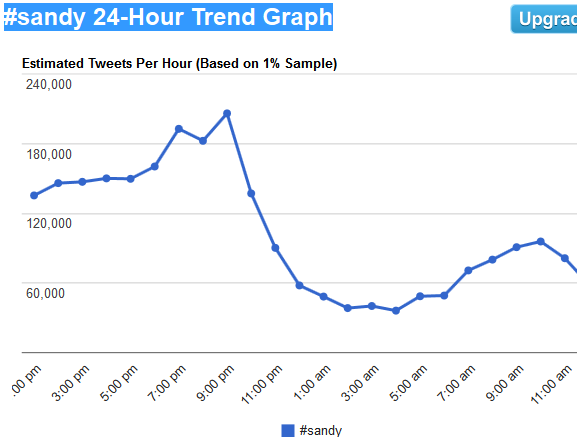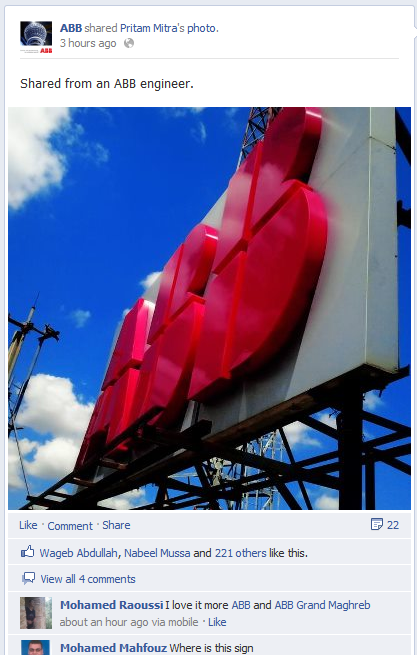I was reading over the news this week and came across an announcement by General Electric. The American engineering giant recently announced a one billion dollar investment in the Kingdom, including the establishment of an innovation center in Dhahran’s Techno-Valley in the country’s oil-producing Eastern Region (you can read about the announcement here).
The company showcased the facility last week to a select number of media, and gave a glimpse into how the center would be the focal point of the company’s engagement with local customers, Saudi-based researchers and universities and industry groups. More cryptic (to me) was the statement that the GE innovation center will act as a hub where “entrepreneurs and companies can incubate business ideas and pursue innovation in energy efficiency, aviation, healthcare, and elsewhere.”
I’m always thrilled to see investment into Saudi Arabia, particularly when it’s focused on knowledge transfer and supporting Saudi nationals in developing their skills and abilities. But one question has stuck in my head. What is innovation in this context? Will we see new technologies and products being developed by GE and its partners in Saudi? And why Saudi Arabia for an innovation center?
To be fair, the region is not known for developing world firsts, unlike the United States. In the 2011 there were two million patents filed worldwide. Of that number Saudi Arabia filed for 990. The Kingdom is primarily known for its consumption of goods rather than value creation through local entrepreneurship and knowledge creation.
Efforts have been made to introduce systems and concepts to foster more local innovation – the Kingdom’s Saudi Arabian General Investment Authority has set up various centers to support entrepreneurs establish new companies and increase the competitiveness of small to medium sized businesses. There are 120,000 plus Saudi nationals studying at universities abroad under the King Abdullah Scholarship Programme, whose knowledge will also make a major impact on the nation’s economy.
There is one area where Saudi Arabia innovates and that is in the oil and gas sector. Situated in the Eastern Region, King Fahd University of Petroleum and Minerals (KFUPM) is renowned for its academic research into the oil and gas industry. KFUPM has successfully partnered with the private sector to further its academic research and find practical applications for its academic output.
My hope is that GE’s new innovation center, which is located alongside KFUPM, will build on the wealth of oil and gas/energy knowledge that has been created in the Kingdom’s Eastern Region to create new applications that we will see being put into use in other parts of the Middle East.
For me, innovation is taking that (in many cases) latent ability and talent and nurturing it through mentoring, support and guidance. If GE can pull this off, and gradually benefit the many industries that GE has a hand in on a local level I’ll be delighted as will many others who understand how much Saudi and its people are capable off. Let’s hope others follow in GE’s footsteps and consider their own innovation investments in the Kingdom.






